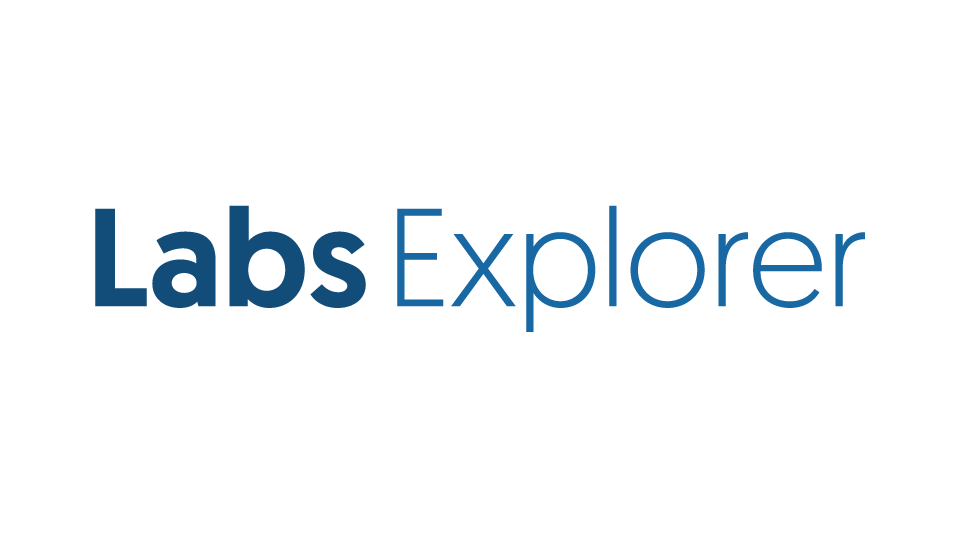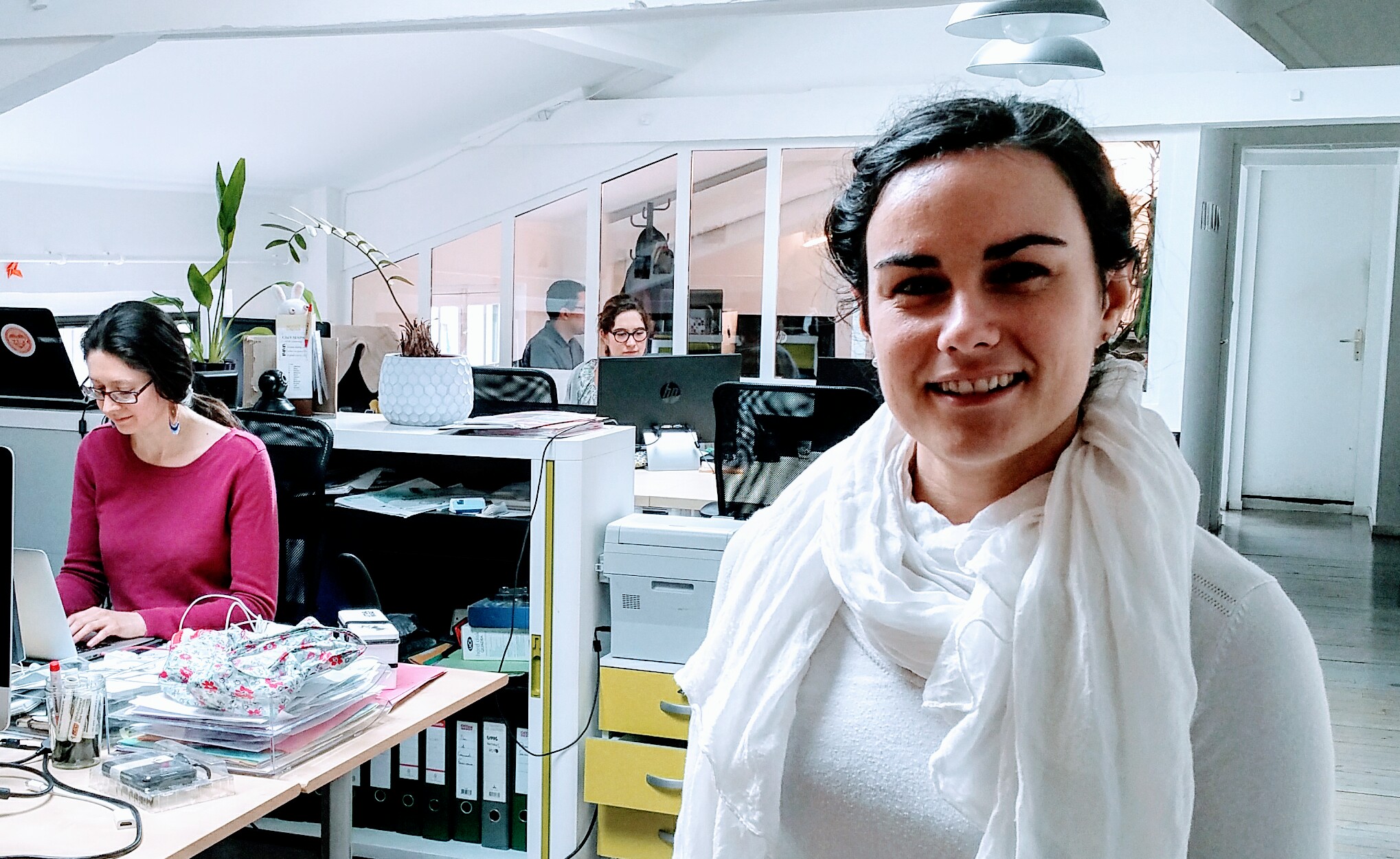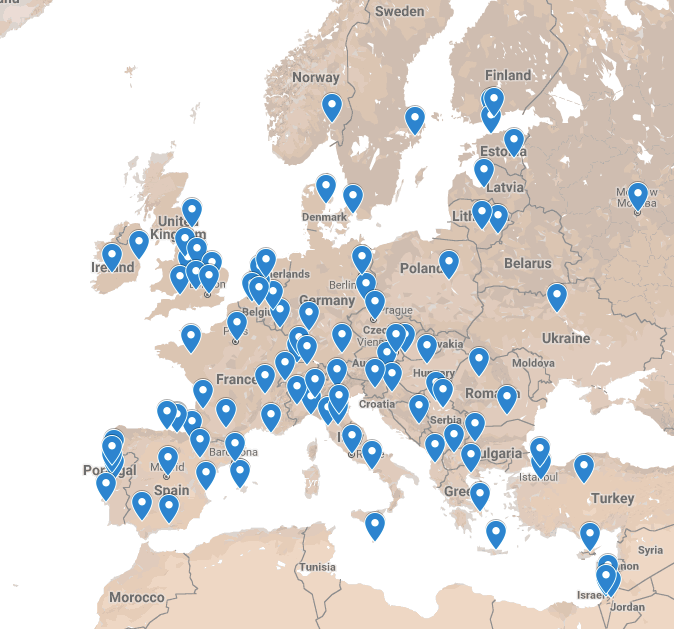
This French Startup Is Trying to Redefine the Industry-Academia Collaboration
- Rendezvous
- 3K
In the last few decades, scientific research has enormously changed from performing experiments in a single lab to a dynamic collaborative environment with multiple research labs. With ~4000* new papers published within the scientific community every day, you can assume how fast is the research is growing and becoming more competitive.
Collaboration plays very important role in finding mutually deliverable skills, resources and people to working scientific challenges. Attending conferences and online networking are some of the great ways to find the suitable collaborator but often time we don’t get most out of it to find a suitable industry or academic partner to work with on your challenging research project.

Labs Explorer is a platform which lets researchers from both industry and academia create an online presence for their labs. It is working on a mission to create a place for searching R&D partners, increase your visibility and gain financing.

Our curator Mahantesh had a chance to interact with Bénédicte HUCHET from Labs Explorer to know more about the inspiration behind creating this online resource for researchers. Bénédicte is currently the General Manager of Labs Explorer and currently, she is based in France.
Can you tell us about your team members and what inspired you to build Labs Explorer?
Labs Explorer is the result of a fusion of experience and skills. For my part, I worked in research organizations and then in the scientific department of an embassy. So I brought my knowledge of scientific collaborations and communication. The other co-founders, namely Stephane Tholander and Mikaly Rodriguez-Ruiz, provided a valuable experience of engaging communities online, especially in R&D domains. They also had solid entrepreneurial backgrounds.
Our combined experiences made us think about how do the research groups interact. For instance in Europe, there is a diversity of relations in the R&D community between groups from different organizations: joint research, granted partnership, commercial relation, etc. In any case, to find the right partner, research groups need to engage in specific marketing and communication activity as well as investing a lot to recruit partners. Labs Explorer aims to support these efforts by providing a marketplace dedicated to R&D activities.
Can you tell us about Labs Explorer and how does it work?
Labs Explorer is the meeting point for R&D laboratories from private and academic sectors, from different fields of research and from different locations. They can look for partners with specific expertise, scientific subcontracting services and laboratory equipment access. Using the search engine and contacting a lab are free and do not require prior registration.
What are the greatest challenges you faced while pursuing the idea of Labs Explorer and how did you address them?
Labs Explorer is a marketplace where labs can offer their services and people can request these services. To be truly useful for labs, we needed to get a large set of services provided by our members. Like every marketplace, the challenges rely on our capacity to match the demand to what our members offer.
As of today, more than 2000 services are available on Labs Explorer. It covers most of the disciplines from life sciences to humanities, from pharmaceuticals to material research.
Currently how many active users you have and who are your potential competitors?
Thousands of laboratories list their services on Labs Explorer. The majority of laboratories are located in Europe. While our main competitors are American, Labs Explorer fits with more flexibility to the European culture and its specificities.
We think it will be also a tool for labs in Asia, Africa, and South America. Indeed, our solution provides support for many situations: when a lab looks for partners, and when a CRO wants to advertise its contract research services.
What’s Labs Explorer’s international presence now? What’s the goal? How does this relate to monetization strategies?
Today, members of Labs Explorer are based in over 1,100 cities worldwide. Most of them are based in Europe: Germany, France, Spain, Italy, the Netherlands, the United Kingdom, but also in the countries in the Balkan area, in the Eastern Europe, as well as in the Baltic countries. Europe is our home territory for the moment. If Asian laboratories wish to partner with European researchers, Labs Explorer is the place to look for them.
Were there any early ‘growth hacks’ or tactics that have contributed to your current success?
There is no mystery in the R&D community: the need for a personalized relationship is crucial. We love to discuss on the phone with them. Actually, their insights and feedbacks inspire us for all updates that we put in place.
How is Lab Explorer funded currently?
Labs Explorer relies on its own funds. What we do is to invite research groups and CROs to register on Labs Explorer for free: they manage and update their information freely. They may also list the laboratory services or equipment they offer to other laboratories. A commission applies to business transactions initiated through Labs Explorer.
What things you learned while acquiring the users from industry and academia? Do you have personalized services for these two sectors?
People often oppose private and academic sectors. Indeed, both sectors have their own specificities regarding the organization and governance, their relation to investment, their financial means, and so on. But I also learned that they are similar in many other aspects.
For example, services can be provided both by private companies (usually known under the acronym CROs) and by academic institutions. Many universities have commercial activities: contracted research, consultancy, paid access to equipment, etc. So, while our approach to corporate and academic researchers differs slightly, Labs Explorer offers them a common place where they can interact.
What are your achievements so far?
We launched Labs Explorer in early 2016. As of today, more than 4,000 labs have registered and trust us to shed light on their expertise. It encourages us to continue towards our aims: to provide to labs specific visibility solutions and a qualified community around it.

Any advice for student entrepreneurs?
From my point of view, being an entrepreneur is like being a student. Every month, it is necessary to learn something new: web optimization, customer relations, etc. It is sometimes laborious but always rewarding.
Found it exciting? Check out Lab Explorer to find your prospective collaborators and service providers OR Have any questions/know similar platforms? Don’t forget to tell us in the comment section below


